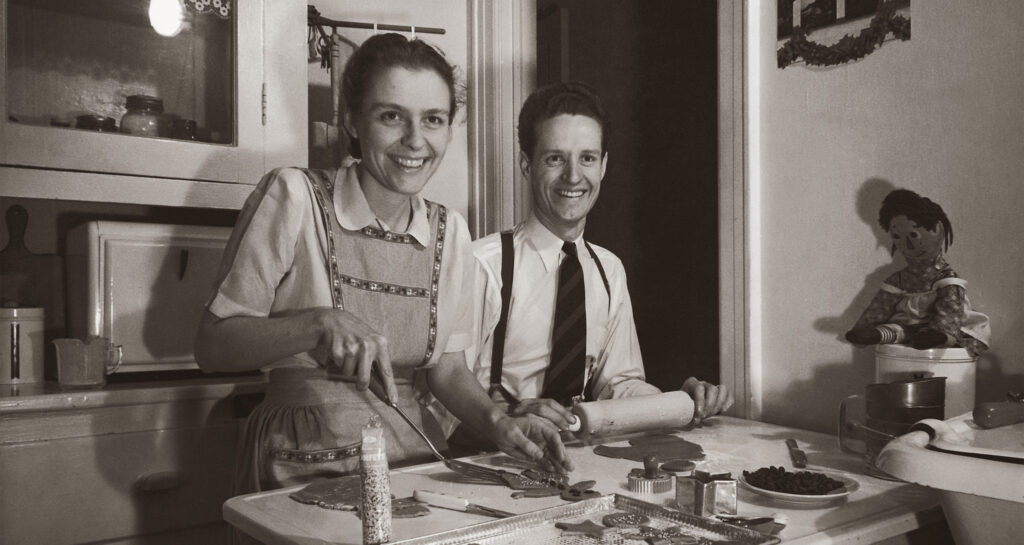Why dressing well still matters: How your clothes shape confidence, respect, and success
Published on March 17, 2025

First impressions and the forgotten art of dressing well
On the first day of my final semester of college, my professor walked into class wearing a three-piece suit, complete with a pocket watch tucked into his waistcoat. As he scanned the room, he asked a simple but striking question: “Why don’t students dress well for something as noble as the pursuit of knowledge?”
A ripple of discomfort spread across the room. Hoodies were pulled tighter, and I instinctively slid my sandaled feet further under my desk. His question lingered in the air—why do so many of us dress down, even for important moments?
It wasn’t always this way. Look back at old photographs, and you’ll see high schoolers at parties in pressed shirts and polished shoes. Somewhere along the way, dressing well became the exception rather than the norm. But what changed? And more importantly, should we bring it back?

The decline of dressing with dignity
At some point in the 20th century, formality gave way to comfort. Style was traded for practicality. Wars brought women into the workforce, and their wardrobes adapted—pants and coveralls became permanent staples. In recent years, the pandemic solidified the sweatpants revolution, making casual wear the new standard.
At some point in the 20th century, formality gave way to comfort.
Some argue this shift reflects progress. In previous eras, clothing signified social class—fine tailoring separated the elite from the working class. Today, people dress more casually regardless of status, a supposed sign of equality. But even in this age of “democratic fashion,” distinctions remain—some wear $200 yoga pants, while others wear $20 knockoffs.
Another factor is the fear of standing out. No one wants to seem vain or superior, so many opt to blend in. Clothing has also become deeply tied to personal identity—fashion reflects not just trends but statements of belonging, rebellion, or comfort.
While self-expression is valuable, have we lost something in the process?

Dressing well is not about luxury—it’s about purpose
I should have known better than to wear jeans to that class. This same professor had once inspired me, as a freshman, to dress to the nines for every exam. “If you feel prepared, you will act prepared,” he said. I got an A in his class, so maybe he was onto something.
He often reminded us that while every person has dignity, not everyone carries themselves with dignity. If our clothing reflects our self-respect, what does it say when we dress like we just rolled off the couch?
Dressing well isn’t about vanity or wealth—it’s about intention. In the past, different activities had distinct wardrobes: walking suits, dressing gowns, smoking jackets. Today, most of us can’t afford a different outfit for every occasion, but we can still dress with purpose. Wearing something presentable for Sunday Mass, a date, or even class acknowledges the importance of the moment.
Clothing shapes behavior. A school uniform encourages focus. A suit demands confidence. A well-put-together outfit reminds us that our actions matter.

The psychology of clothing: Why what you wear changes how you think
What you wear doesn’t just affect how others see you—it shapes how you see yourself. Studies in psychology confirm that clothing has a direct impact on mood, confidence, and cognitive performance. This concept, known as “enclothed cognition,” suggests that the clothes we wear influence our mindset and behavior in subtle but powerful ways.
“Enclothed Cognition,” a landmark study conducted by researchers Hajo Adam and Adam D. Galinsky at Northwestern University, found that when participants wore a white lab coat (associated with intelligence and precision), they performed better on attention-related tasks than those who didn’t.
The same principle applies to everyday life—when you dress sharply, you’re more likely to feel confident, capable, and professional.
When you dress sharply, you’re more likely to feel confident, capable, and professional.
Clothing also affects posture and body language. Wearing well-fitted, intentional outfits encourages better posture, which in turn boosts confidence. Conversely, dressing too casually in situations that require focus—like work or studying—can lead to a more relaxed, even sluggish, mental state.
While comfort is important, dressing with purpose can be a simple yet effective way to improve motivation and presence. Whether it’s a crisp shirt for a meeting or polished shoes for a night out, the right outfit can shift your mindset, helping you show up as the best version of yourself.

How dressing well changes your mindset and life
A well-chosen outfit does more than impress others—it transforms how you carry yourself. Here’s what happens when you start dressing with care:
- You feel more confident. When you look good, you naturally stand taller and speak with more assurance.
- You gain respect. Whether in the workplace, at church, or in everyday interactions, dressing well signals that you take yourself—and the occasion—seriously.
- You live with more intention. Choosing your clothing thoughtfully helps you become more mindful of your goals and values.
- You elevate the spaces you enter. Just as a grand cathedral invites reverence, dressing well encourages dignity in the environments you step into.
Key takeaways: Why dressing well is worth it
Dressing well doesn’t mean wearing a suit everywhere or abandoning comfort. It means understanding that the way you present yourself matters. It’s about respecting yourself and the significance of your daily pursuits.
The way you dress influences how you feel, how you act, and how others perceive you—so dress with dignity and purpose.




It was refreshing for me to read your article on “Why dressing well matters”…I support your views presented. As I reflect on where this began with me, it takes me back to childhood. My Mother liked to have me “dress up” for church, dinner out, visiting her friends or having company. As I grew into adulthood, marriage and having children of my own…that standard did not change.
I found I was taken seriously when I was dressed for the occasion, be it a visit to a Dr. or to make a presentation to a college class, applying for a position as a librarian, traveling for business reasons to another country, or doing banking business, To this day, at age 85, I continue….why would I not?
Absolutely !